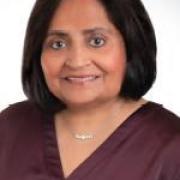Associate Professor
Pathology
Aras Mattis, MD, PhD, investigates the molecular mechanisms of human liver function and metabolic diseases like metabolic dysfunction-associated steatotic liver disease (MASLD). The Mattis lab develops human induced pluripotent stem cells that are then differentiated into multiple liver cell types including human hepatocyte-like cells (iPSC-derived hepatocytes) to develop models of this disease process. The laboratory is also interested in normal liver development.
